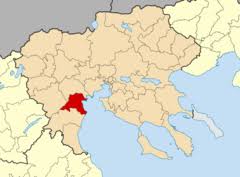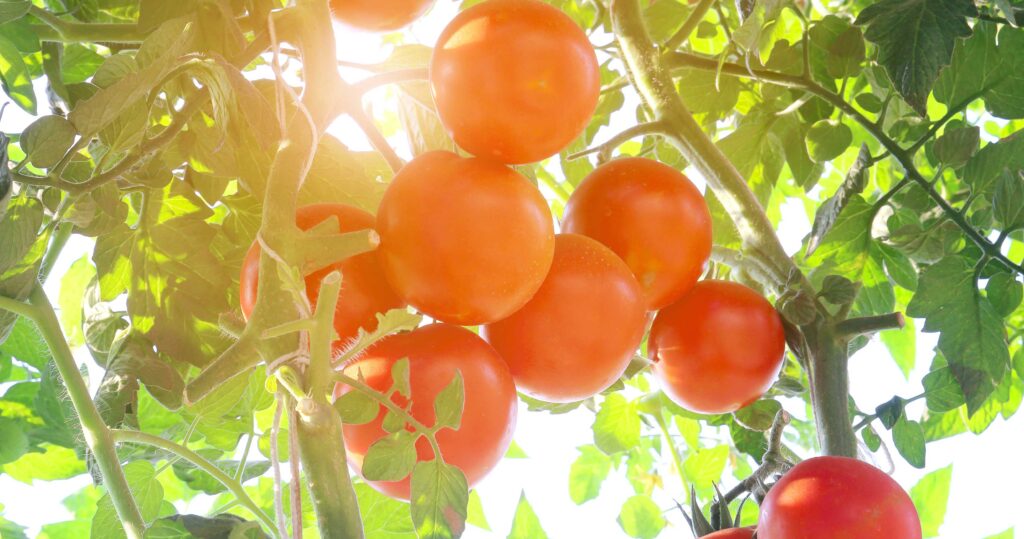Agricultural potential of the municipality of Pidna-Kolindros
Introduction
The municipality of Pydna-Kolindros, located in the northern part of the Macedonia region of Greece, is an area with a rich agricultural tradition. It is located in the Pieria prefecture and includes both lowland and hilly areas. The main objective of this project is to analyze the agricultural potential of the municipality, taking into account both natural and infrastructural conditions that affect agricultural production.

1.Geographical and climatic characteristics
1.1 Geographical Location
The municipality of Pydna-Kolindros covers an area of approximately 339 km². The region is bordered by the Pieria Mountains to the west and the Aegean Sea to the east. Lowland areas dominate in the eastern part, while the western part is characterized by hills and mountains, which contributes to the diversity of agricultural conditions.
1.2 Climate
The climate in the municipality of Pydna-Kolindros is typically Mediterranean, with mild, rainy winters and hot, dry summers. The average annual temperature is about 16°C, and annual rainfall fluctuates around 500-600 mm. Such climatic conditions favor the cultivation of many crops typical of the Mediterranean zone, such as olives, grapes and citrus.
2 Soils and Their Differentiation
2.1 Types of Soils
Soils in the Pydna-Kolindros municipality are diverse, a result of the diversity of the terrain. The lowlands are dominated by alluvial soils, which are very fertile and ideal for intensive farming. The hilly and mountainous areas are dominated by clay and sandy soils, which require appropriate cultivation techniques to ensure high productivity.
2.2 Properties of Soils
Alluvial Soils: They are characterized by high humus content, which makes them very fertile. These soils are deep and well-drained, ideal for growing vegetables, cereals, and fruit trees.
Clay Soils: Less fertile than alluvial soils, but still suitable for many crops. They require proper water management to prevent excessive compaction.
Sandy Soils: Have good permeability but low nutrient content. They are ideal for drought-tolerant crops such as vines and olives.


3 Agrarian Structure
3.1 Main Crops
The municipality of Pydna-Kolindros is known for its production of high-quality olives and olive oil, grapes, citrus, as well as vegetables and grains. Each of these crops has its own specific requirements and benefits: Olives: Thanks to the Mediterranean climate and suitable soils, olive production here is very profitable.
oil from this region is prized for its quality and taste. Grapes: Viticulture is supported by the mild climate and hilly terrain, which is conducive to the production of grapes with high sugar content. Citrus: Citrus crops, such as oranges and lemons, are made possible by the warm climate and the availability of irrigation water. Vegetables and Cereals: A variety of vegetables and cereals are grown in lowland areas, which benefit from fertile alluvial soils.
3.2 Animal husbandry
Although the municipality of Pydna-Kolindros is not known for intensive animal husbandry, there are small farms for sheep, goats and poultry. The production of milk, cheese and meat is an important addition to farmers’ incomes.
4. agricultural infrastructure
4.1 Irrigation
One of the key elements affecting agriculture in the Pydna-Kolindros municipality is the availability of water for irrigation. Thanks to irrigation systems, farmers can ensure adequate water conditions for their crops, even during the dry summer months.
4.2 Transportation Infrastructure
A well-developed network of local and regional roads enables easy transportation of agricultural products to markets. The proximity to the Aegean Sea also provides the possibility of sea transportation, which is advantageous for the export of agricultural products.

5 Sustainability and Innovation
5.1 Organic Agriculture
In recent years there has been a growing interest in organic farming. In the municipality of Pydna-Kolindros, more and more farms are being established that abandon chemical pesticides in favor of natural methods, which affects the quality and value of agricultural products.
5.2 Modern Technologies
The implementation of modern technologies, such as soil and climate monitoring systems, helps optimize agricultural production. These technologies help farmers better manage resources and increase yields.


6 Challenges and Opportunities
6.1 Challenges
Climate Change: Rising temperatures and reduced precipitation could negatively affect agricultural production.
Access to Water: Although irrigation systems currently work well, prolonged droughts can lead to water shortages.
Fragmentation of Farms: Small, fragmented farms may have difficulty competing in the market and implementing modern technologies.
6.2 Opportunities
Crop diversification: The introduction of new drought-tolerant crops can increase the stability of agricultural production.
Government and EU Support: Financial and technical support programs can help farmers modernize their farms and implement new technologies.
Agricultural Tourism: The development of agritourism can provide an additional source of income for farmers and promote regional products.
Summary
The Pydna-Kolindros municipality has great agricultural potential, which is supported by favorable climatic conditions, fertile soils and developed infrastructure. Agriculture in the region is diversified, involving the cultivation of cereals, olives, vines and fruits and vegetables. Challenges such as climate change and global market competition can be overcome with innovation, modern technology and support for young farmers. The future of agriculture in Pydna-Kolindros seems bright, and its development will contribute to the region’s continued economic growth.